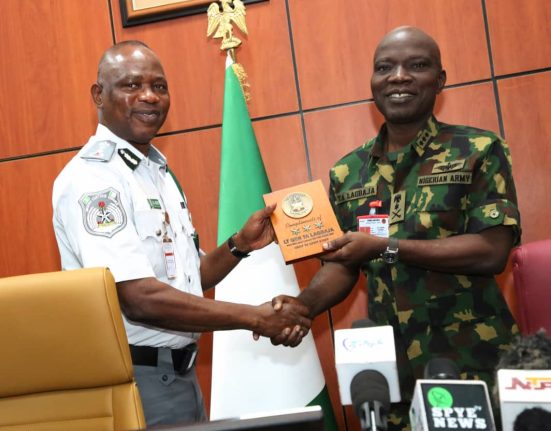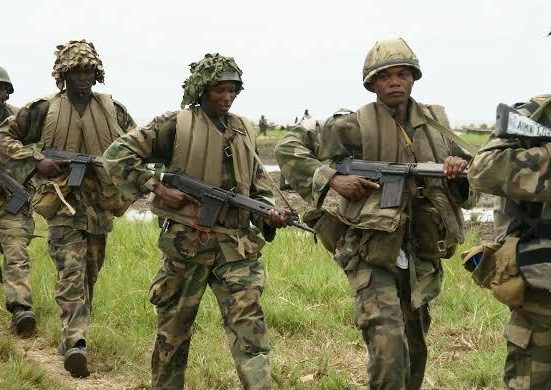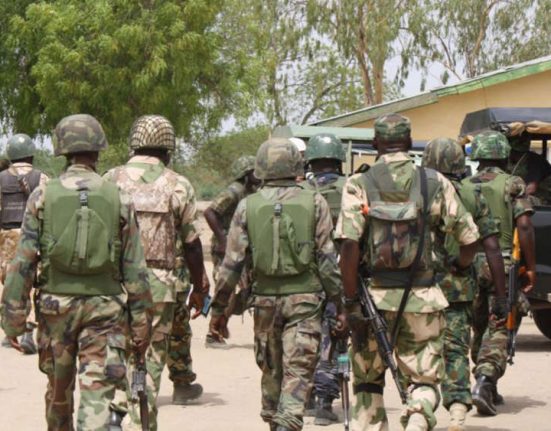Widows of fallen Nigerian soldiers have raised alarm over what they describe as widespread neglect, bureaucratic frustration, and disturbing cases of sexual harassment in their struggle to access the entitlements of their late husbands. The grieving women, some of whom have waited years for support, are now calling on the Federal Government and military authorities to urgently intervene and end their prolonged suffering.
Coordinator of the Military Widows’ Association in Kebbi State, Asma’u Noma, revealed that a significant number of women, whose husbands died in active service to the nation, have been abandoned with neither life insurance payouts nor death benefits. According to her, roughly 30 percent of military widows in the state have yet to access any form of compensation, leaving them to fend for themselves and their children amid growing economic hardship.
“A lot of them are wallowing in poverty and hunger. They have been left behind,” Noma said, painting a bleak picture of life after the burial ceremonies are over and the attention fades.
More disturbingly, she confirmed persistent allegations of sexual harassment involving some widows who travel to Abuja and other military formations to process documentation. According to Noma, there are troubling reports of some officers demanding bribes and even sexual favours before facilitating access to rightful benefits.
The ordeal of Rashida Hamajoda, one of the affected widows, underscores the depth of the crisis. She recounted how she was sexually propositioned by a military officer during her visit to the Defence Headquarters in Abuja. Her husband was allegedly killed by Birom militants, and in her quest to process his benefits, she was subjected to humiliation and extortion attempts.
Recalling the encounter, Hamajoda said, “The man looked at me and said in Pidgin, ‘Madam, you go shake body.’ I asked what he meant, and he told me I was not a small girl, that I should understand.” She said the officer further told her to choose between “cash or kind” if she wanted quick service. Refusing to comply, she left in tears and later had her late husband’s brother complete the process after she vowed never to return to the capital.
Another widow, Hannatu, also shared her experience, describing it as dehumanising. Although her husband died of illness and not in combat, she too found herself vulnerable during her trip to Abuja. Struggling financially, she borrowed money for transportation only to face officers who allegedly saw her beauty as a bargaining chip for assistance.
“I was a very attractive woman then, and many of them wanted to sleep with me before helping. I had to threaten them with legal action,” she narrated. It was only on her second visit—this time with her grown son and a letter from a retired general—that she was finally treated with dignity and processed. Even then, the payments did not come until years later.
She concluded emotionally, “I will never forget that experience. I don’t even want my son or any young man to consider joining the Army. What I went through was beyond painful.”
The revelations have sparked outrage from rights activists. Debo Adeniran, the Pioneer Secretary-General of the Committee for the Defence of Human Rights, condemned the alleged exploitation of widows and called for immediate reforms. He urged the government and the military leadership to act swiftly in investigating these claims and punishing anyone found guilty.
When contacted, Army spokesperson Lt. Col. Onyechi Anele expressed concern over the reports and requested further details and direct contacts of the affected women. She assured the public that the military would investigate the allegations thoroughly and take necessary actions to support the widows after verifying their claims.
The voices of these women serve as a painful reminder that behind every fallen hero lies a grieving family—often left without support and dignity. The call for justice and reform grows louder, as the military’s silence risks deepening distrust and discouraging future generations from serving the nation.







